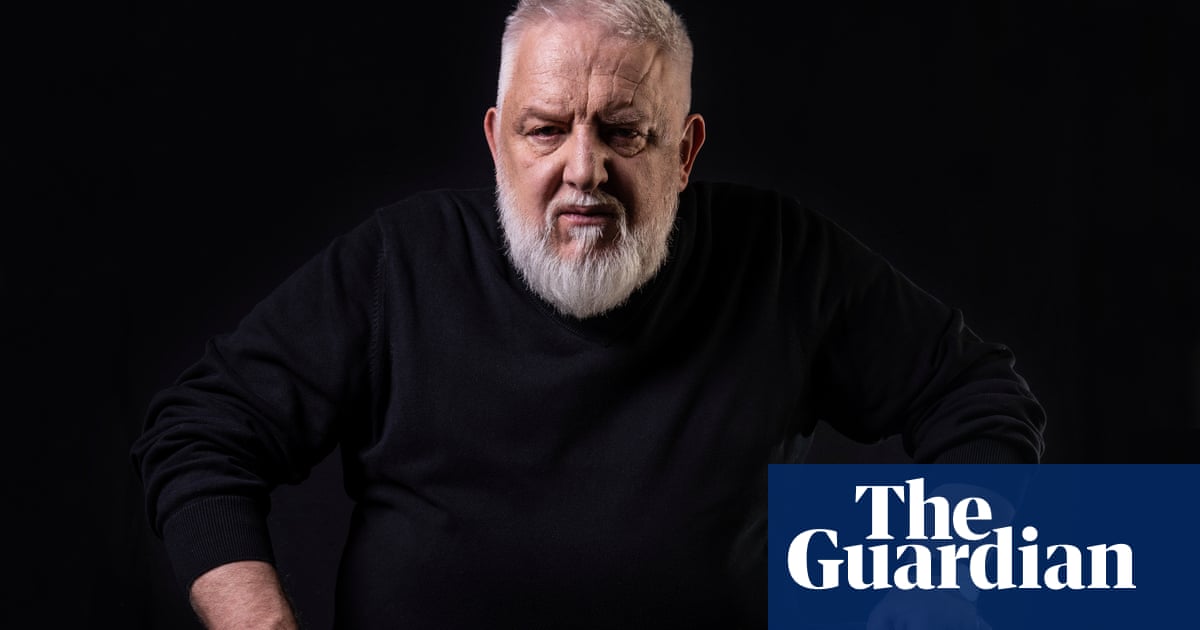It starts off with single words being spoken in turn, like a game of association between friends, but it builds to sentences crisscrossing each other. Some are benign, funny or quotidian statements, others feature torture and incriminating violence. “Overwhelm” is what inspired the five-strong cast to devise this avant-garde experiment in polyphony and it might be the closest thing to the vocalised sound of online scrolling.
Written by Alan Fielden, it plays out like a hybrid gig or word symphony with performers in front of music stands as they speak, sing and play various instruments. One voice rises above the others, angrily, another whispers, but then they sing in chorus or recite a secular liturgy.
The cast, including Fielden, Jemima Yong, Clara Potter-Sweet, Ben Kulvichit and Tim Cape, is arresting and abundantly talented. Also directed by Fielden, they enact non-sequitur scenes, as if tuning in and out of different radio frequencies, with pointed, atmospheric lighting designed by Kulvichit.
There is a lovely arrangement of words and sentences that carry the sound of falling rain; it is hypnotic, with a Philip Glass-like quality, and the act of listening becomes visceral and active in the auditorium.

The horror of people smuggling and human beings trapped inside containers also feels visceral. The blue shiny backdrop to the stage might be the inside wall of a truck carrying migrants. The schizophrenic western response to migration and asylum is cleverly captured: “Welcome to my country,” says one voice. “Get out,” says another.
At its most powerful it is electric, but the deliberate opacity frustrates and diffuses the effect. At one point there is a news item from a TV studio reporting on what sounds like the California fires. At another, four performers walk off set with microphones still on so we hear the murmur of their chatter. A plume of smoke silently fills the stage as we watch, puzzled. Repeated riffs involve phone calls involving samurais or ancient imperialists, performed across the stage on microphones while reading lights are pointed at miniature figures on top of sound equipment; it seems mannered in its empathic contrast between cutesy set-up and unsettling dialogue.
The various scenes – more like musical movements – do not seem unified although there are recurring ideas explored: violence, how we listen, what we choose to hear or ignore, even the “sound” of globalisation, perhaps. At 75 minutes, the show encompasses so much that you walk away knowing what you have seen is important but overwhelmed and uncertain too. Perhaps that is the point.

.png) 1 day ago
5
1 day ago
5













































